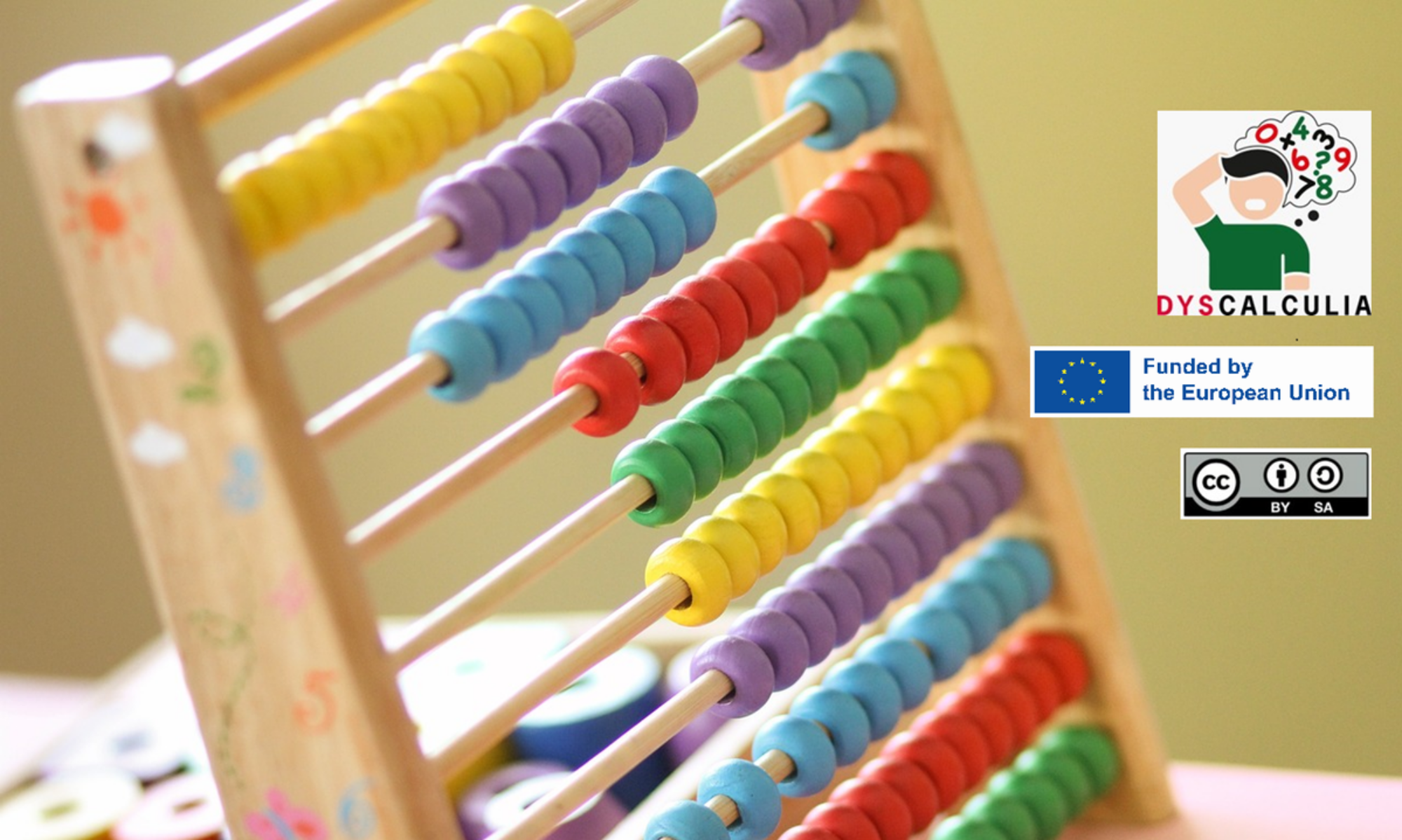
During the training, participants were introduced to the special features of dyscalculia. Together, they worked on a definition, challenges and opportunities. They also discussed what role dyscalculia plays in secondary education, both for learners and teachers. Here too, they discussed the challenges and opportunities in the classroom. In addition, examples of games were played that can also be used in the classroom to support learners with learning difficulties. All in all, it was a successful training, which led to results that can be used in the respective partner countries.
